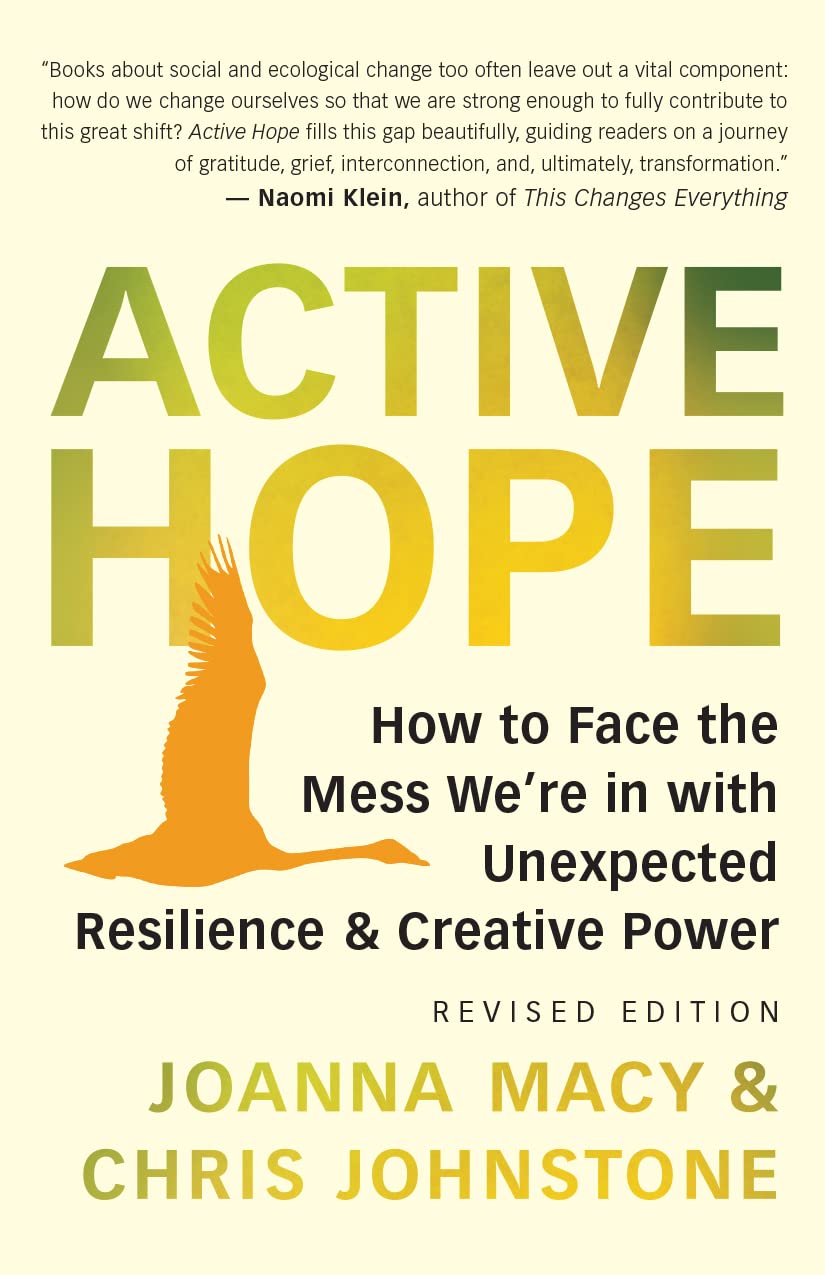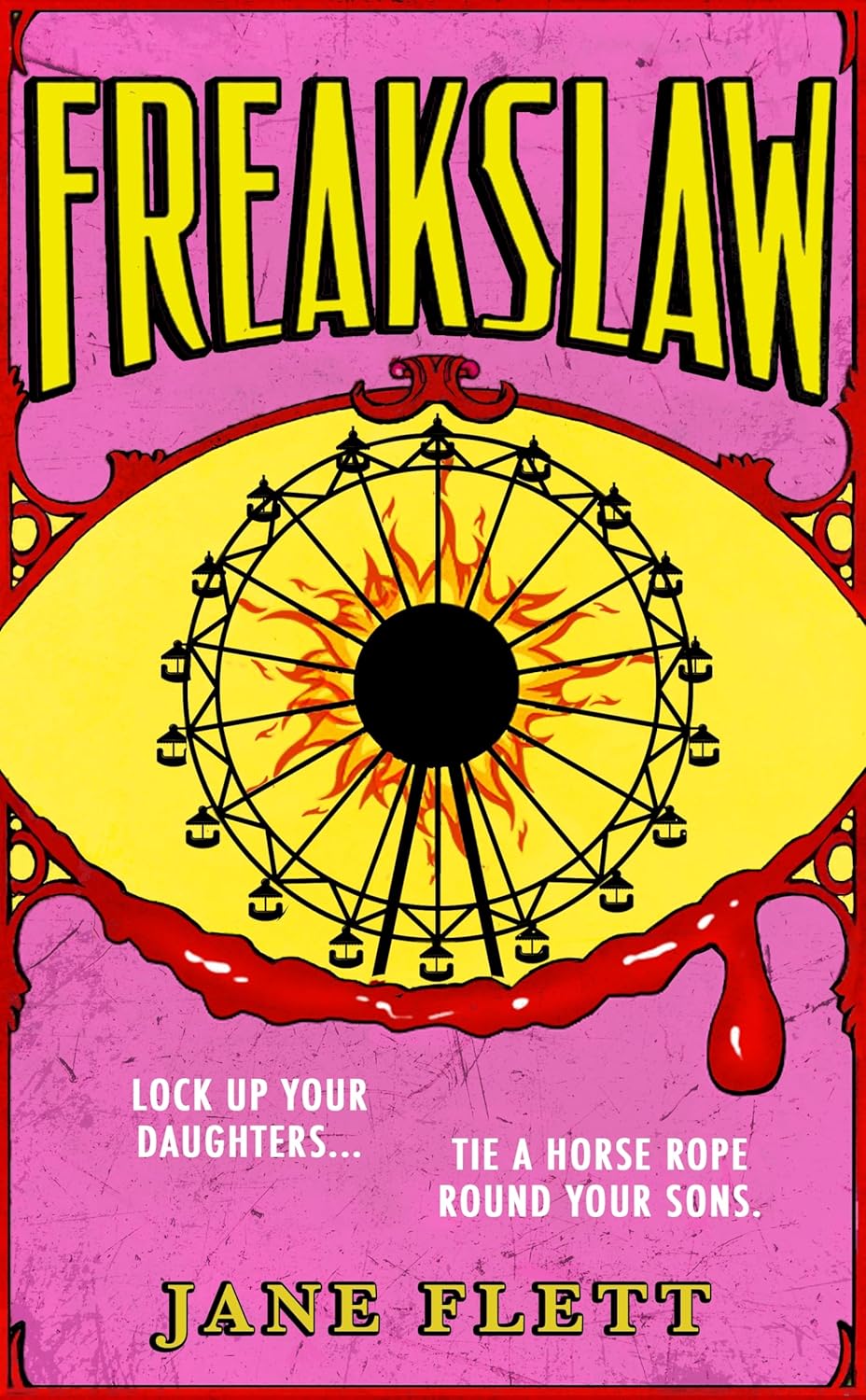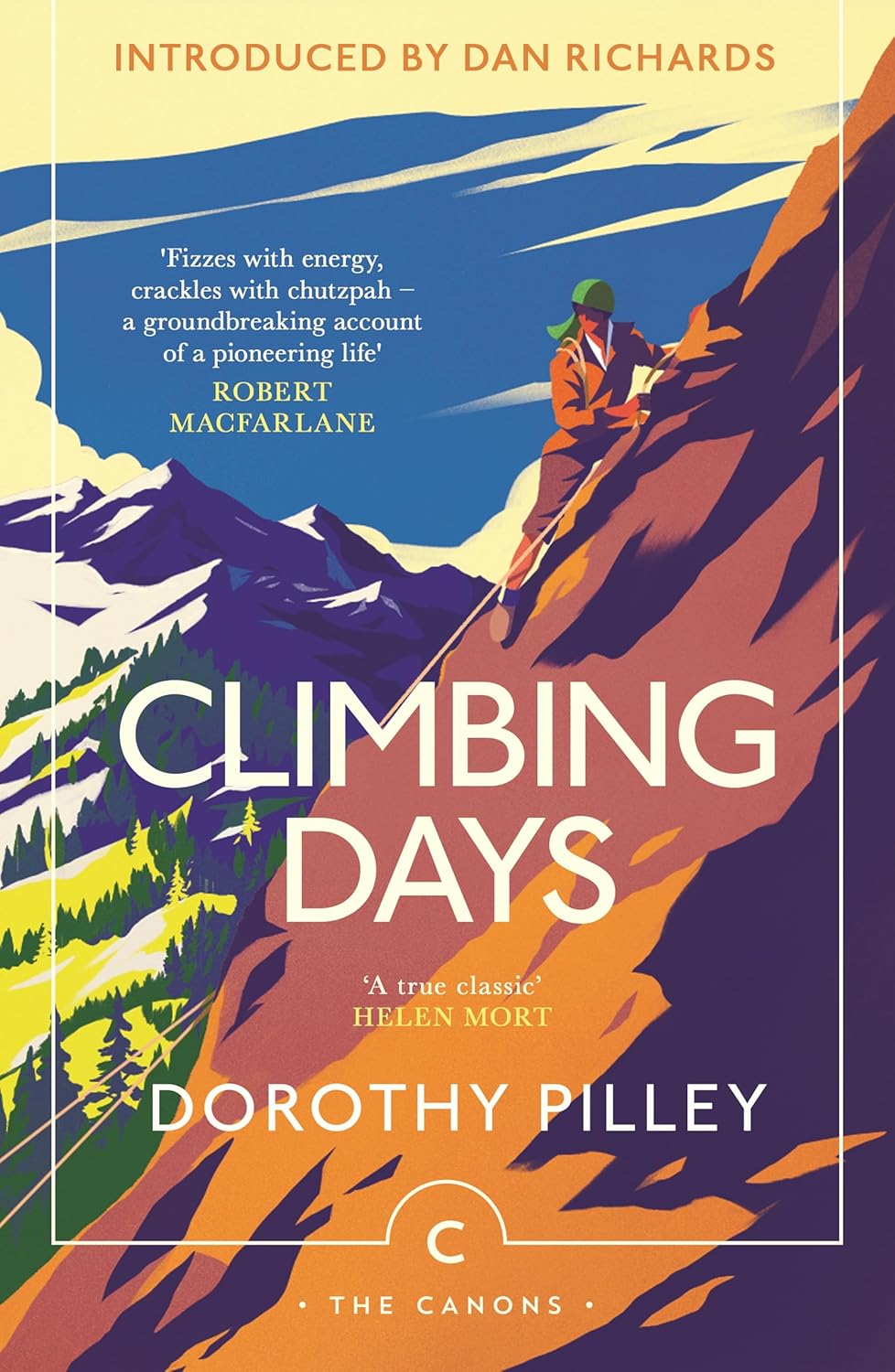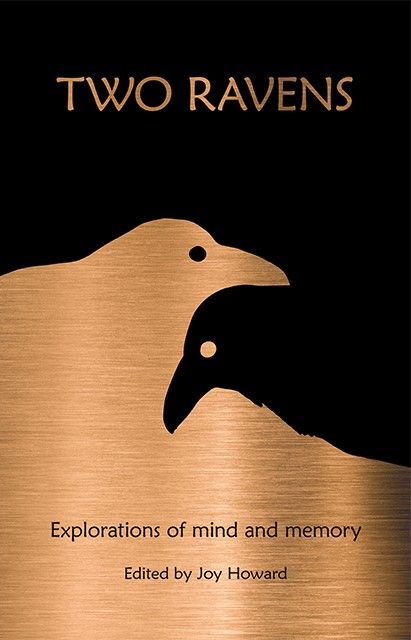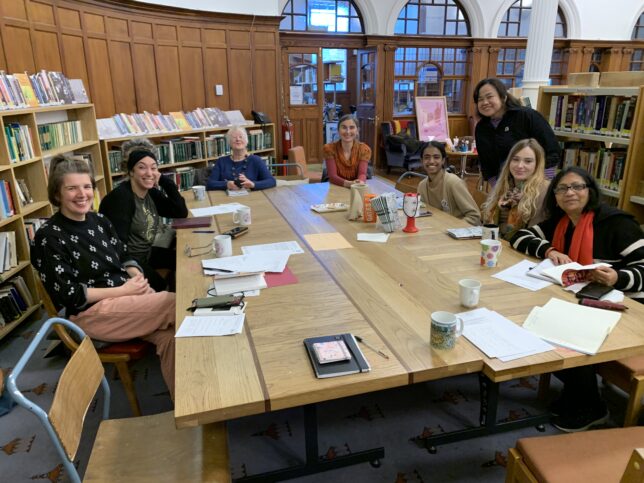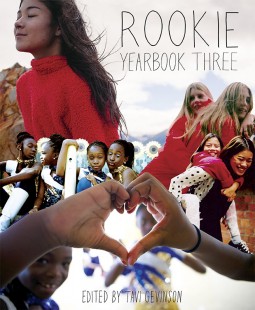
It is an increasingly difficult time for teenage girls in the western world today. Sexualised, judged and more, young women are having to deal with different challenges to what their mother’s and grandmother’s went through. Rookie magazine gets this. The online magazine which has now been published as annuals which this review covers was started in 2010 by Tavi Gevinson , a style prodigy ,who started her highly successful style blog while in her early teens. She created the magazine with the help of the founding editor of Sassy, which had finished in the year of her birth. She articulated the need for a publication like sassy for millennials to reflect what the modern teenage girl felt and thought. The magazine is amazing. Every month a different theme is covered with girls and other people submitting essays,articles,artwork,mixtapes,diaries and more. Interviews are common such as ones, which involves famous adults giving advice. If in a million years future archaeologists wanted to discover what being young in the 21st century was like I think they couldn’t find a better source than Rookie.
The variety of work is extraordinary as well. Some of my favourites cover very different things. One piece discusses how young black girls are forced to grow up and lose their innocence due to racism which doesn’t happen to privileged white girls. The piece discusses the mistreatment of Quvenzhané Wallis when the Onion called her a hideous slur during the Oscars. This happened to a girl under ten. This article is by young women and articulates racism and privilege better than many pieces by adults I’ve seen. Another work which I relate to is about a girl’s relationship with her multi-ethnic background as someone a quarter Indian. I’m a quarter Turkish and I find it difficult to articulate my own race or ethnicity. She says that ignoring her Indian side means erasing her grandfather but due to having white passing looks and a lack of connection with her heritage she feels as if emphasising this aspect of herself is an example of appropriation. I feel extremely similar. I can pass as completely white most of the time. I have sallow skin and slightly almond eyes like my mother and at times I do look Turkish while my brother has my dad’s skin ton which is very pink and only if you were told he was Turkish you might see it in his appearance. Most of the time we just appear white to most people. I hesitate to call myself mixed race due to only being a quarter Turkish but also because although I’ve had people use slurs against me I could brush them off. My mother could not growing up. My dede(grandfather) had to work in London occasionally and left my gran with their three daughters in 1970s Glasgow tenements. They were called slurs like w-gs and my gran ended up on drugs to help with the stress she was under. My mum and aunts couldn’t make noises when playing in their flat either or racist occupiers of flats below, above or similar would bang angrily on their wall. They went to a catholic school and after a Turkish man tried to assassinate the pope my mum and aunts were bullied hideously. They didn’t have my dede teach them Turkish due to his heavy work schedule and thus felt cut off from their Turkishness somewhat. I have had the privilege to not deal with the horrible racism my family has. Like the girl in the article I finally connected with my identity via my grandfather. Their relationship aided them in being happy about their race while the same with my dede happened. I’m writing a novel he wants based on his childhood as an orphan and homeless boy which is magic realism and through this I’ve seen where I came from, how incredible it is I’m even here and how strong my dede is. One piece tells the readers that they will never reach all their goals or accomplish all they want and that there is nothing wrong with that. The adult who did this piece discusses how this striving for perfection is flawed and that being imperfect is not a terrible thing.As someone who is extremely perfectionist and anxious about stuff like this the article really touched me.
Rookie has something for everyone. It captures the best moments of one’s teenage years whilst also giving advice regarding the worst aspects of this period. It treats its readers as the intelligent beautiful and mature people they are instead of belittling or babying them. It is a vital source of strength for the modern teenager. I wish I had been able to benefit from Rookie when I was a teenager. I am autistic, non-binary, asexual and had severe depression and eating problems during my adolescence. I felt as if I had no one to turn to. Rookie might be helping a teenager just like me back then at this very moment and that thought gives me solace.

